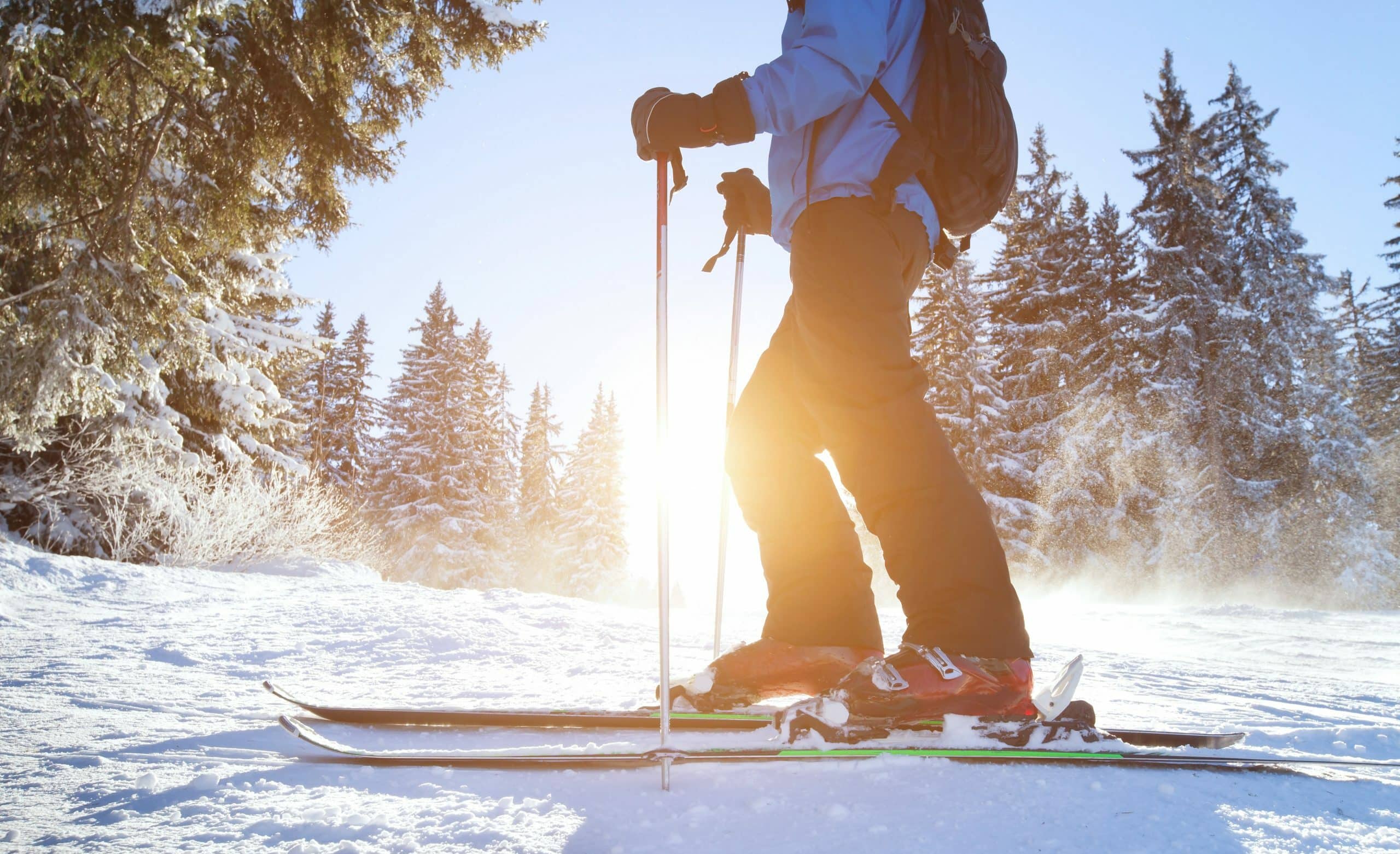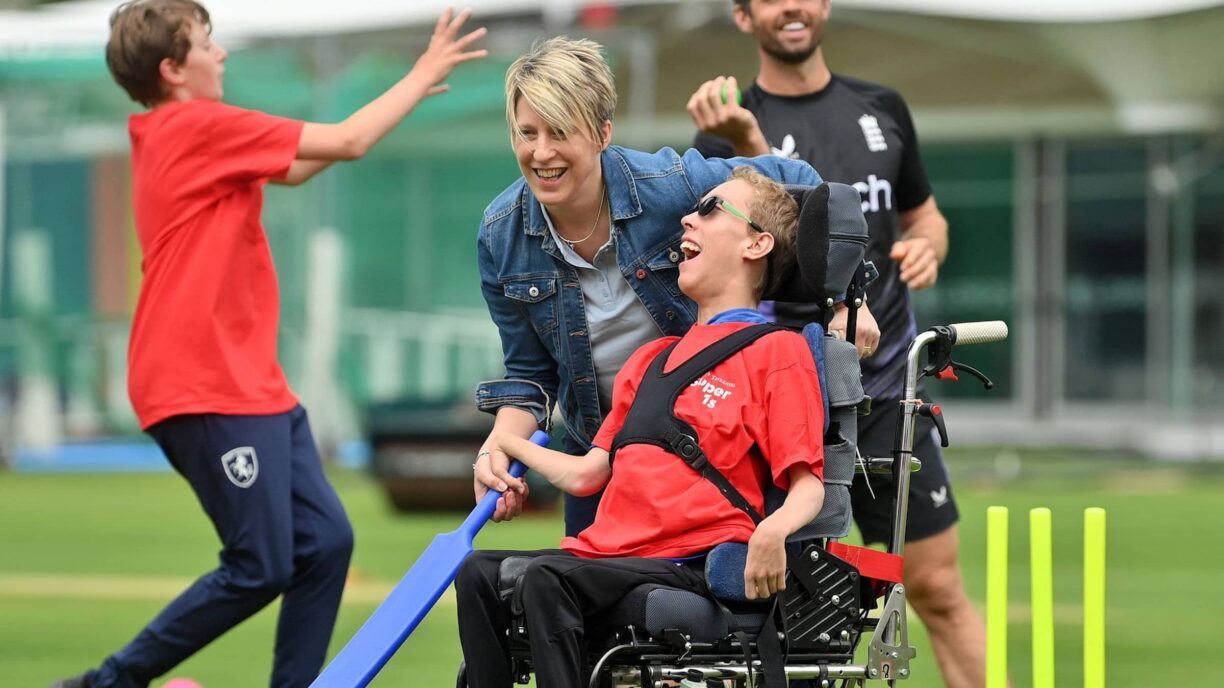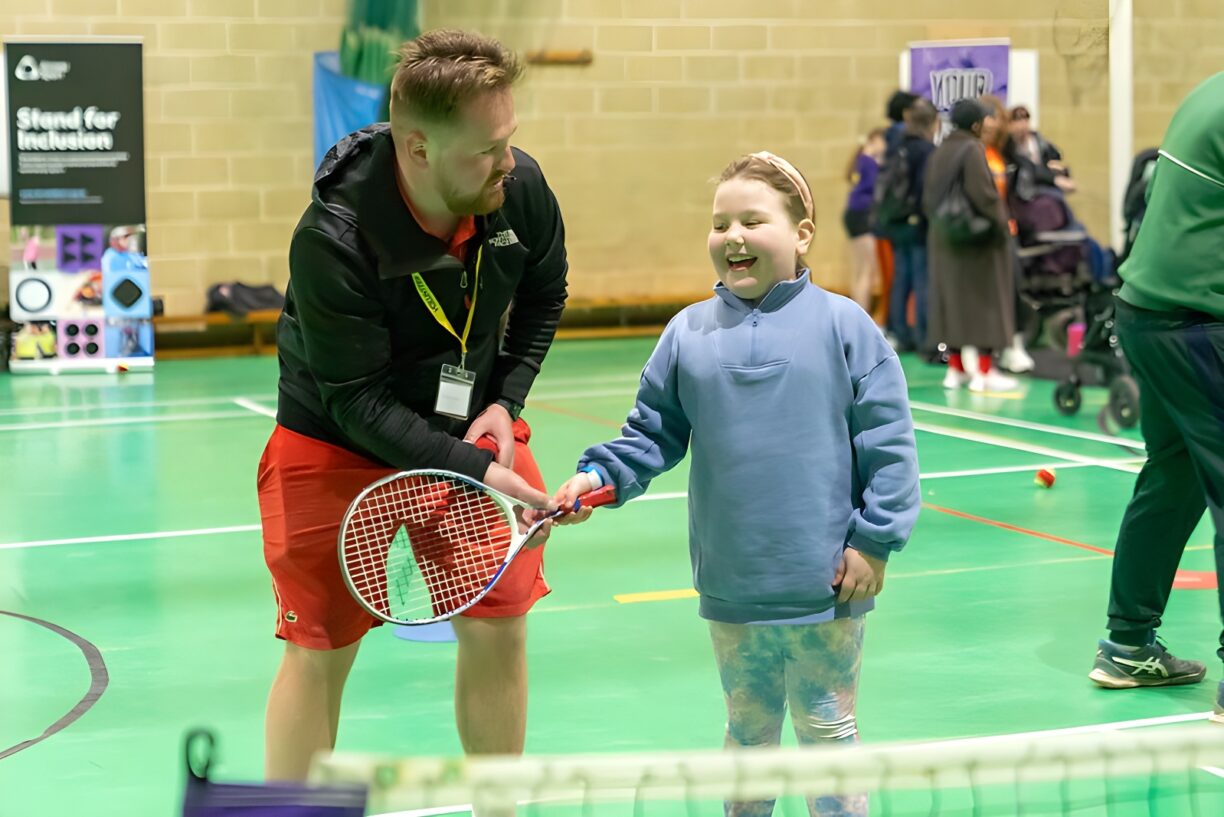Each year, skiing holidays increase in popularity, with the snow-covered slopes, luxury resorts and après ski offering something for everyone. Yet, with all sports holidays, comes the risk of injuries, whether you’re a seasoned skier or a complete beginner.
Mr Saket Tibrewal, Consultant Trauma and Orthopaedic Surgeon at Cromwell Hospital outlines the most common ski injuries and how to prevent them.
Anterior Cruciate Ligament (ACL) tear – The anterior cruciate ligament (ACL) runs through the middle of the knee.
The ACL helps to control rotational movements of the knee as well as prevent the shin bone from sliding forward in front of the thigh bone.
Most ACL injuries occur during sports that involve sudden changes in direction, like football or skiing.
ACL injuries can also be caused by excessive bending or straightening of the leg, a blow to the knee, twisting movements, or awkward landings.
When people experience an ACL injury, they often report hearing a ‘popping’ sound in the knee.
Symptoms of an ACL tear include pain and swelling in the knee, discomfort when walking, and a reduced range of motion.
For people who ski, they are very common and are linked to sudden changes in direction.
Rotator cuff tear – The rotator cuff is a group of muscles and tendons that stabilise and mobilise the three bones of the shoulder joint.
A rotator cuff tear usually happens while skiing as the result of a fall, when people instinctively stretch their arms out to catch themselves or when they take a direct hit to the shoulder from a collision.
Symptoms of a torn rotator cuff include pain, swelling, weakness and difficulty moving the arm.
Dislocations – A dislocation happens when the bones that meet at a joint become moved out of place, usually as a result of trauma.
Dislocation typically happens in the shoulder and happens when skiers experience high-velocity falls, collisions or abrupt twists.
A shoulder dislocation is a very painful injury and you may be able to see the lump or bulge of the bone underneath the skin.
Fractures or broken bones – A fracture is when a bone becomes shattered usually as a result of an accident.
There are different types of fractures, including straight breaks, slanted breaks or spiral breaks and they can occur to any bone in the body, but fractures to the wrist, ankle and fingers are the most common injuries when skiing.
Head injuries and concussion – Head injuries sustained during skiing can be incredibly serious and may even be life-threatening, which is why it’s important to always wear a helmet when hitting the slopes.
A common, and less severe, head injury is concussion which often occurs following a blow to the head, leaving the injured person with loss of consciousness, blurred vision and confusion.
If you sustain any head injury while skiing, it’s important to get checked out by a doctor to make sure there is no bleeding or swelling of the brain.
How to prevent skiing injuries
Have a good level of physical fitness – If you lead a sedentary lifestyle or don’t exercise often, you may find skiing physically demanding. It’s a good idea to start doing regular exercise to ensure a good level of fitness before your skiing trip.
Warm up – As with all strenuous sports, warming up is very important to prevent injury, as cold muscles are more likely to become injured.
Stretching or walking for 10 minutes before you start your day can help to warm up your body.
Stay hydrated and energised – It’s important to make sure you take regular breaks, drink plenty of water and eat food which is high in protein to keep energy levels up.
Know your skill level – Whether you’re new to the slopes or a seasoned skier, it’s important to know your level of ability.
If you start doing bigger slopes or runs that aren’t in your ability it may lead to injury. If you’re a complete beginner, skiing lessons may help you feel safe and confident.
Don’t overdo it – If you’re starting to feel tired or achy, listen to your body and slow down. Overexertion can lead to avoidable accidents and injuries and you’re more likely to get injured if you are tired.
If you do get injured while skiing, it’s important that you get the right treatment to help with recovery. If you sustain a serious injury, go to the hospital as soon as possible.





